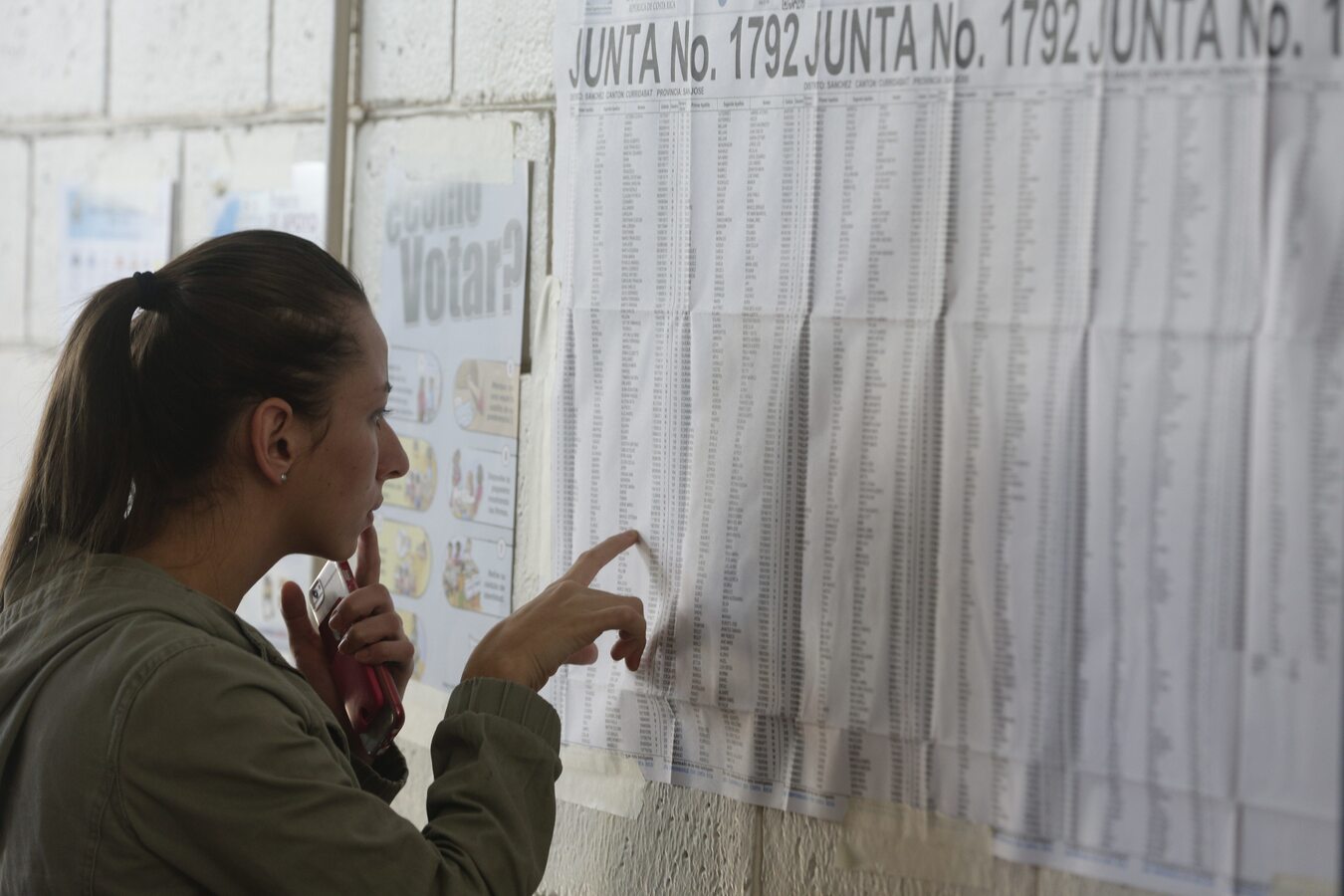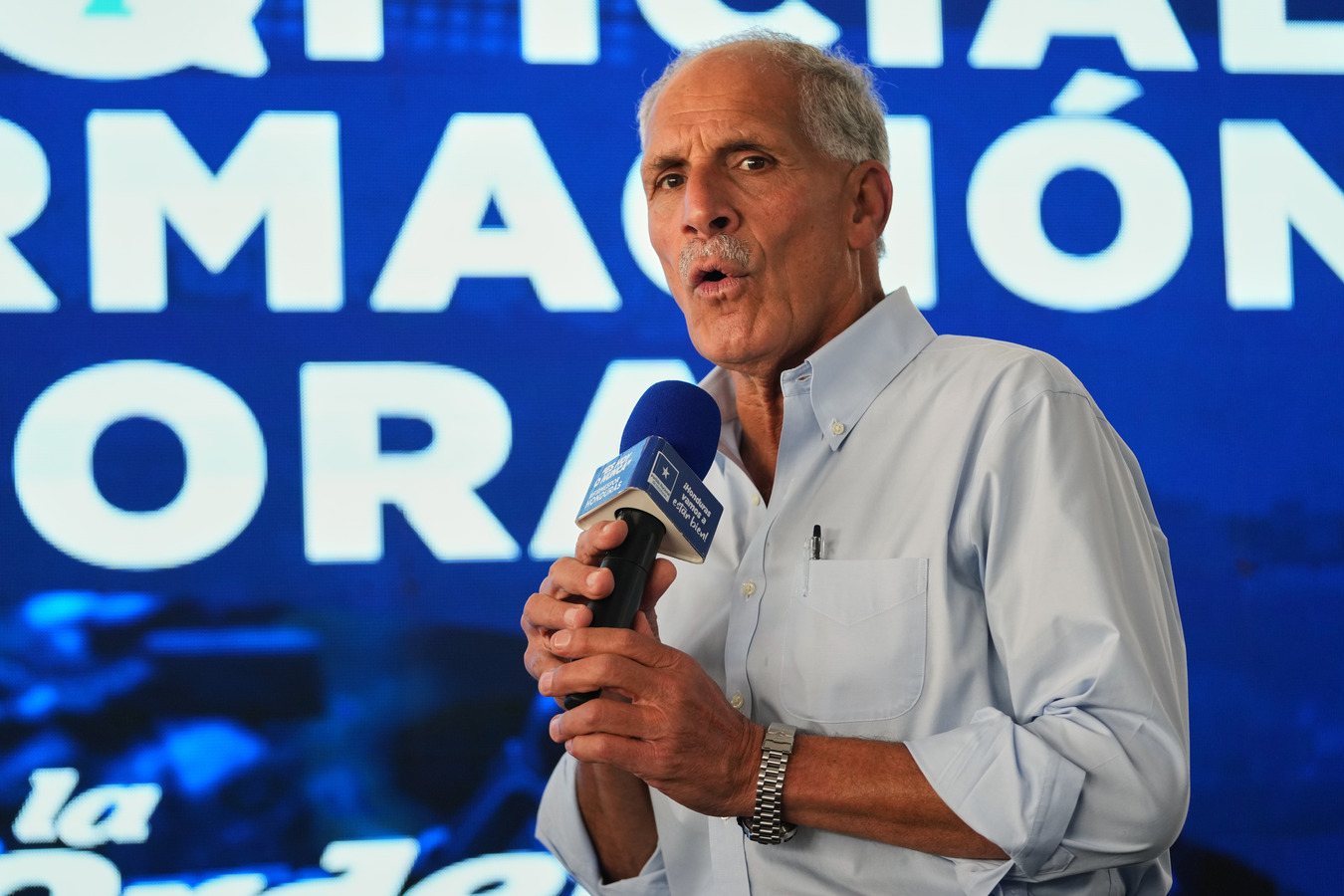A River Runs through It: The Costa Rica-Nicaragua Dispute
A River Runs through It: The Costa Rica-Nicaragua Dispute
A dispute over a piece of land in the San Juan River delta has ramped up tensions between Costa Rica and Nicaragua. AS/COA Online takes a look at the roots of the Central American row.
Encroaching military camps, a convoluted 150-year long border dispute, and regional quarrels: the ongoing Costa Rican-Nicaraguan row over the northern country’s dredging of the San Juan River has it all. The Organization of American States (OAS) continues to mull the disagreement at the request of the Tico government, while Nicaraguan President Daniel Ortega wants to bring the issue to the International Court of Justice (ICJ) at The Hague. Costa Rica had asked Nicaragua to move a dredge that was dumping silt on Isla Calero, located in the San Juan River delta and of uncertain ownership, as early as October 24. But tensions flared when a Costa Rican flyover of the dredge revealed troops flying a Nicaraguan flag on the Isla Calero. Costa Rican Security Ministry José María Tijerino called the move invasion of his country’s territory.
San José sent police forces to secure its territory. Ortega cried foul and offended President Laura Chinchilla by calling the police “fuerzas armadas,” though Costa Rica hasn’t had a military since 1948. He argued dredging efforts are needed to preserve the 1858 established boundary and that, over time, the drying river and shrunken delta allowed Costa Rica to usurp Nicaraguan territory. Committed to resolving the issue peacefully, Costa Rican Foreign Minister René Castro asked the OAS to mediate a resolution to the conflict. After two days of meetings on November 4 and 5, the OAS agreed to send Secretary General José Miguel Insulza to visit San José and Managua and conduct a fact-finding mission. Ortega protested that the issue is not the purview of the OAS and that the ICJ should hear the case.
The Costa Rican-Nicaraguan quarrel over usage rights of the river dates back to 1850. The 1858 Treaty of Limits (Trato de Jeréz-Cañas) established Nicaraguan ownership of the river but gave Costa Rica the right to move commercial goods there. The two countries asked U.S. President Grover Cleveland to arbitrate the dispute in 1888. He held that Costa Rican commercial vessels are allowed on the river but not “vessels of war.” He also said that “the boundary line between the Republics of Costa Rica and Nicaragua, on the Atlantic side, begins at the extremity of Punta de Castilla, at the mouth of the San Juan de Nicaragua River.” The San Juan River mouth lies well to the north of Isla Calero.
Nonetheless, conflicts over appropriate use of the river continued. In the 1980s, Nicaragua’s Sandinista government stepped up restrictions on Costa Rica’s use and began charging various fees. In 2009 the ICJ issued a ruling, upholding Cleveland’s decisions and further stating that Costa Rica could use the river, uncharged, for commercial transportation and the care of its citizens living on the river, but not for police activity. The conflict appeared resolved. When Laura Chinchilla won Costa Rica’s presidential election in February 2010, Ortega welcomed her on a visit to Nicaragua, referring to a history of unity between the two countries. In return, Chinchilla expressed her satisfaction with the ICJ’s resolution of the San Juan River dispute as well as her desire to see bilateral relations continue to improve. But regional and border tensions were already brewing and, thus far, the two leaders have not met.
Managua’s territorial spat over the San Juan River delta comes just after another long-standing maritime dispute with Bogota reheated over the summer. Since 1980, Nicaragua has claimed sovereignty over a series of Caribbean islands granted to Colombia in a 1928 treaty. Managua brought its claim in 2001 to the ICJ, which delivered a preliminary ruling in favor of Colombia in 2007. Still, the legal quarrel continues; in July Ortega contested the possibility of Colombia giving oil firms permits to operate in the contested territory.
The case could contribute to Nicaragua’s bedeviled relations with its neighbors. Shortly after Chinchilla took office, Costa Rica filed for permission to intervene in the ICJ proceedings governing the Colombian-Nicaraguan dispute—a move protested by Managua and supported by Colombia. In June, Honduras followed Costa Rican suit, drawing the same reactions from the two parties to the case. In the midst of the row over Isla Calero, Ortega accused Colombia this week of supporting Costa Rica’s expansionist intentions. Bloggings by Boz points out that, on top of tensions with Costa Rica and Honduras, the Nicaraguan president has avoided meetings with his Salvadoran and Panamanian counterparts. “Ortega still gets along great with Venezuela, Bolivia, etc.,” writes Boz. “[B]ut he's not being particularly diplomatic with Nicaragua's neighbors in Central America who certainly have a much greater impact on the politics and economy of the country.”
Learn more:
- Organization of American States press release after November 3 meeting.
- Organization of American States press release after second day of meeting on November 4.
- International Court of Justice case page on Costa Rican-Nicaraguan Río San Juan dispute.
- International Court of Justice case page on developments in the Colombian-Nicaraguan territorial dispute.
- UN document summarizing rulings from 1888-1899 on Costa Rican-Nicaraguan San Juan River dispute from 1888-1899.
- The New York Times reprint of the text of President Grover Cleveland’s 1888 holding.








